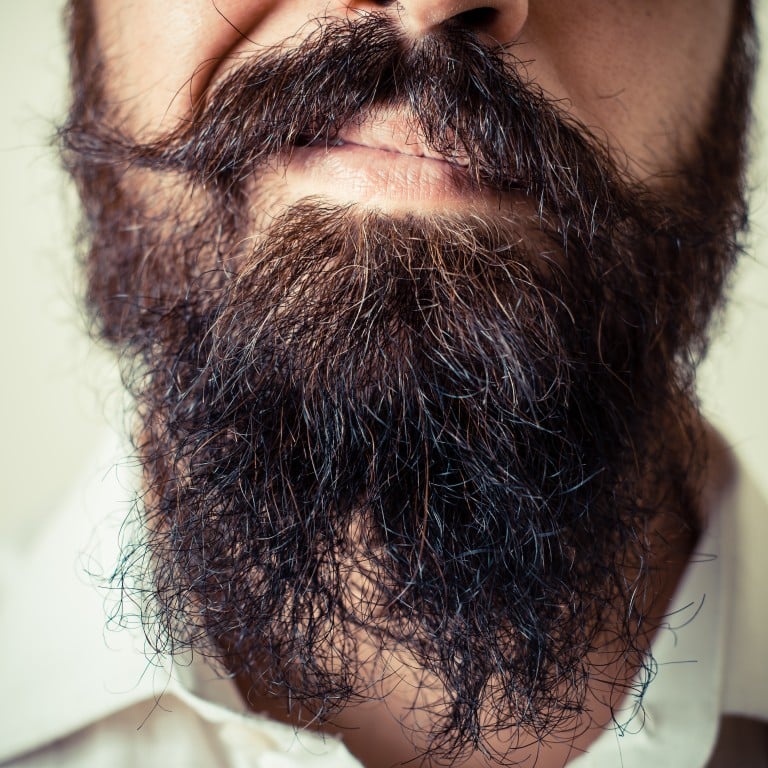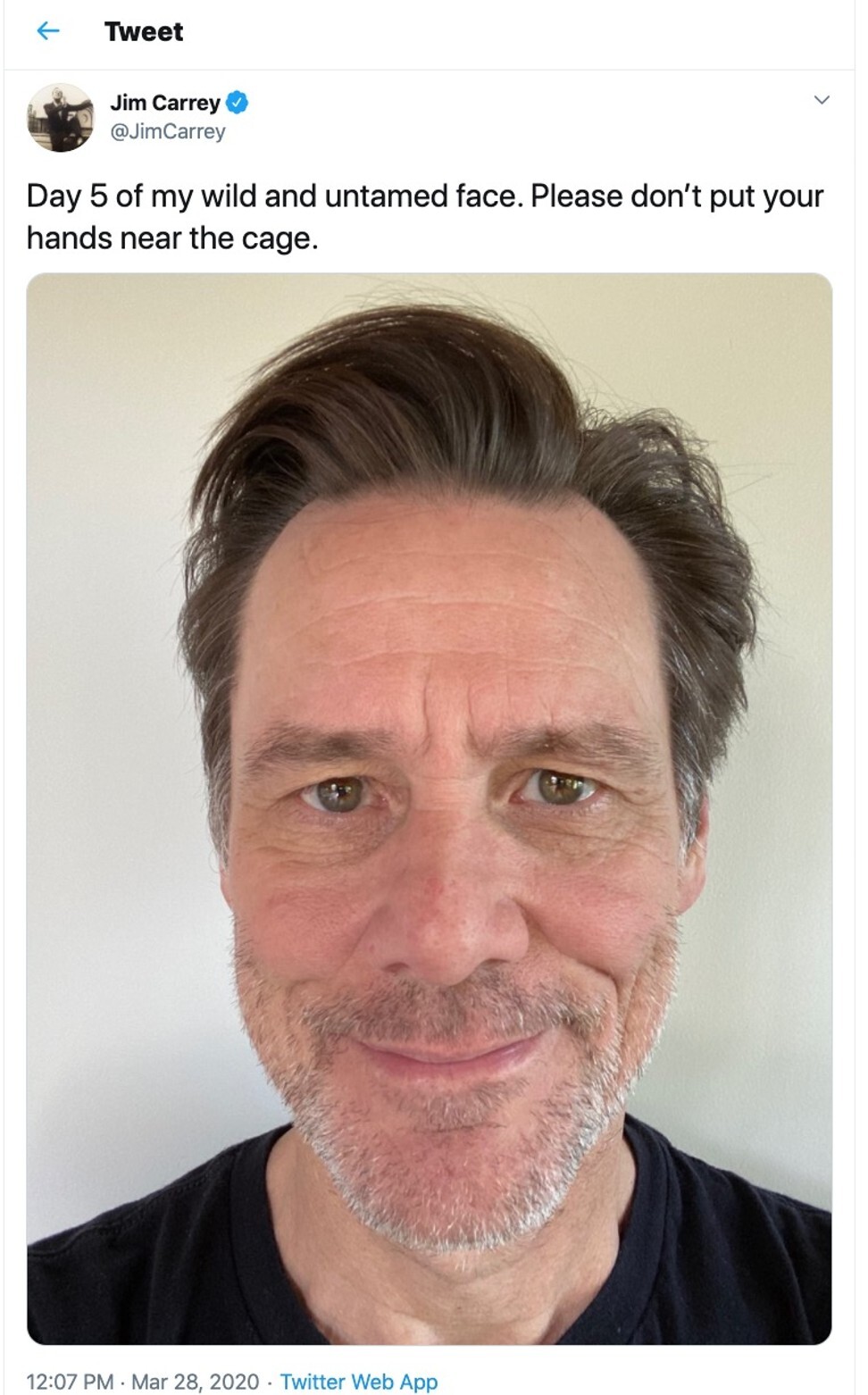
Beards, facial hair and the coronavirus: what men need to know
- Recent misinformation has sparked global concern over beard hygiene and its connection with Covid-19, but experts say there is no reason to panic
- Studies have shown beards can carry more germs and bacteria than clean-shaven skin, but the opposite can also be true
As populations across the globe went into lockdown to hamper the spread of the coronavirus, men who did not already sport facial hair decided to put down their razors.
Late in March, US comic actor Jim Carrey vowed not to shave his beard until everyone goes back to work, and he encouraged his 18.6 million Twitter fans to follow.
Throughout history, beards have been a contentious style choice and scientists and scholars have long engaged in dialogue about their hygienic properties.
“There are arguments on both sides,” said Dr Carrie Kovarik, professor of dermatology, dermatopathology and infectious diseases at the University of Pennsylvania in the United States.

According to Kovarik, several studies she has reviewed throughout her career have tried to prove that beards can carry more germs and bacteria than clean-shaven skin when the opposite can also be true.
“Shaving introduces micro nicks in your skin which open up the skin barrier,” she says. So just as touching an infected surface and then touching your beard could introduce germs or bacteria, the same could happen on a clean-shaven face that has a compromised skin barrier.
Coronavirus: China’s hair salons and barbershops suffering
That is why experts recommend not touching the face at all and washing your hands frequently.
Beards came under close scrutiny just as the coronavirus was starting its spread. A post on the US Centres for Disease Control and Prevention (CDC) website featuring 35 styles of facial hair caused a stir. When it was shared online, many people believed it was suggesting men be clean-shaven as an extra precaution against contracting Covid-19.
The CDC says that the infographic, first issued in 2017, had nothing to do with the pandemic. It was intended as a guide for workers who need to wear personal protective equipment, particularly respirators, on the job. It did not suggest men be clean-shaven.

We asked Kovarik what risks beards might pose. “As skin cells shed, so does the bacteria on your face, so, potentially, if you are a health care worker and you have a short, stubbly beard, perhaps there could be more bacteria and skin cells shedding if your beard rubs against a mask,” says Kovarik.

Dr Katie Beleznay, a US board-certified dermatologist and practitioner of medical and cosmetic dermatology in Vancouver, Canada, expressed similar views.
“The number of microbes or bacteria in facial hair is comparable to what is found elsewhere on our skin. Our skin, including our face, has bacteria on it all the time, regardless of facial hair status. Most experts agree that facial hair will not increase the likelihood of contracting or spreading the coronavirus [or other viruses],” she says.
So what is the most appropriate response? Should all beards be abandoned or are we safe with a little scruff?
“The key for everyone, bearded or clean shaven, is to practise good hygiene overall, especially in terms of keeping hands clean,” Beleznay says. “Just as we take care to wash our hands, people with facial hair should also be mindful to wash their beards, just as they wash the hair on their head.”

Simply using the same shampoo and conditioner you use for your hair a couple times a week on the beard can keep it clean and, if you are a messy eater, extra care after eating is prudent. Additionally, remember to pay attention to the skin underneath your beard, and keep it moisturised, Beleznay advises.
“Some people forget to keep this area hydrated and the skin can get dry and irritated under the beard.”
